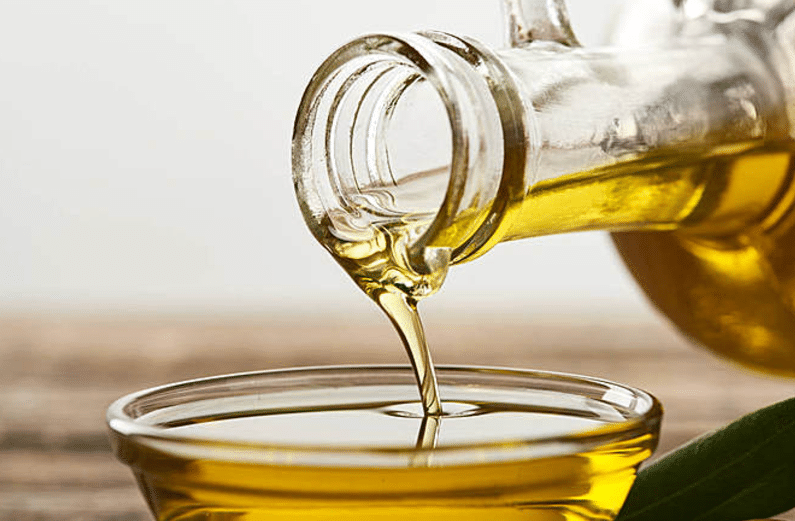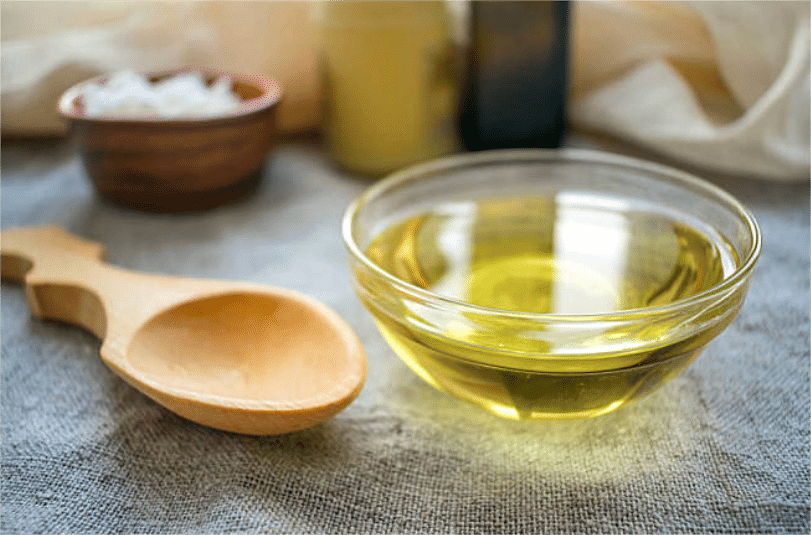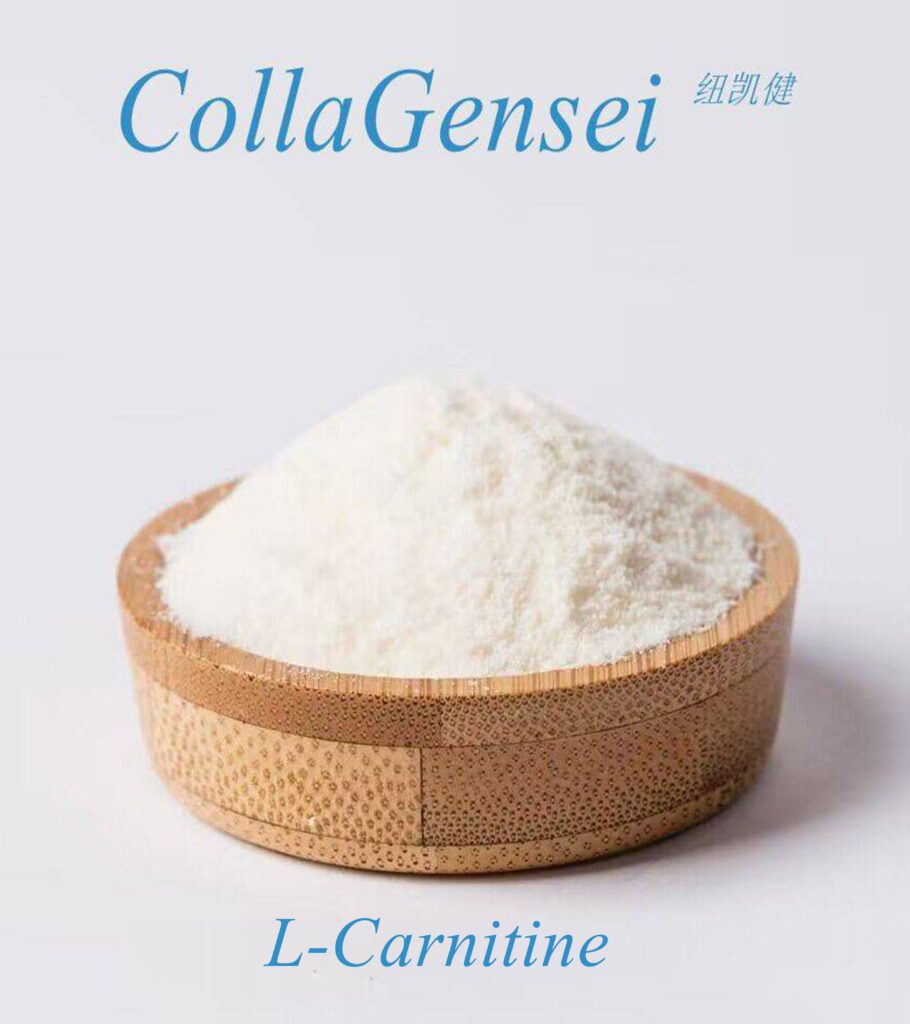Borage oil and DHA algal oil are two popular supplements that provide health benefits, particularly for joint health, skin care, and inflammation reduction. While both are known for their ability to improve overall well-being, they differ in their composition, mechanisms of action, and specific health effects. This article will compare borage oil with DHA algal oil to help you understand their individual benefits and which might be right for your health needs.
What is Borage Oil?
Borage oil is derived from the seeds of the borage plant (Borago officinalis), a herb native to the Mediterranean. The oil is highly prized for its rich content of gamma-linolenic acid (GLA), an omega-6 fatty acid known for its powerful anti-inflammatory properties. Borage oil has been used for centuries to treat a variety of conditions, including skin disorders, joint pain, and hormonal imbalances.
GLA, the primary active compound in borage oil, helps regulate the body’s inflammatory response. This makes borage oil effective in managing conditions like rheumatoid arthritis, eczema, and psoriasis. It is also commonly used in skincare products for its ability to hydrate and soothe dry, irritated skin.
What is DHA Algal Oil?
DHA (docosahexaenoic acid) algal oil is a plant-based source of omega-3 fatty acids. DHA is one of the two main types of omega-3 fatty acids found in fish oil (the other being EPA), but algal oil provides a sustainable, vegan alternative to fish-derived omega-3s. DHA is crucial for brain health, eye health, and cardiovascular function. Algal oil is extracted from algae, and since algae are at the base of the food chain in the ocean, they are an excellent source of DHA without the environmental concerns associated with overfishing.
DHA algal oil is particularly popular for supporting brain function, improving cognitive performance, and reducing inflammation. It is also widely used to support heart health and has been studied for its role in managing conditions like high blood pressure and high cholesterol.
Key Benefits of Borage Oil
- Anti-Inflammatory Effects: The gamma-linolenic acid (GLA) in borage oil is a potent anti-inflammatory agent. It helps regulate the body’s immune system and can reduce inflammation associated with conditions such as rheumatoid arthritis, osteoarthritis, and other inflammatory diseases. By modulating the inflammatory response, borage oil can relieve joint pain and swelling.
- Skin Health: Borage oil is commonly used in skincare products due to its ability to improve skin hydration and elasticity. It can be beneficial for conditions like eczema, psoriasis, and acne, where inflammation and dry skin are common issues. Borage oil helps the skin retain moisture, improves its texture, and soothes irritation, making it ideal for sensitive skin.
- Hormonal Balance: Borage oil has a reputation for helping to balance hormones, particularly in women. It can be used to alleviate symptoms of premenstrual syndrome (PMS) and menopause, such as mood swings, bloating, and hot flashes. The GLA in borage oil helps to regulate the production of certain hormones, reducing these uncomfortable symptoms.
- Joint Health: Thanks to its anti-inflammatory effects, borage oil is often used to manage joint pain, stiffness, and swelling. It is especially helpful for individuals with inflammatory joint conditions like rheumatoid arthritis or lupus.
Key Benefits of DHA Algal Oil
- Brain and Cognitive Health: DHA is a critical component of the brain, accounting for a significant portion of its fatty acids. Supplementing with DHA algal oil can support brain health, improve memory, and may even help slow cognitive decline as we age. It has been studied for its potential role in preventing neurodegenerative diseases like Alzheimer’s and improving overall cognitive function.
- Heart Health: DHA has strong cardiovascular benefits. It helps to reduce triglyceride levels, lower blood pressure, and decrease the risk of heart disease by improving cholesterol profiles. DHA also supports the health of blood vessels, reducing inflammation in the cardiovascular system and promoting healthy circulation.
- Eye Health: DHA is an important component of the retina in the eye, and adequate DHA intake is essential for maintaining healthy vision. Supplementing with DHA algal oil has been shown to support eye health and may help reduce the risk of age-related macular degeneration (AMD) and other visual impairments.
- Anti-Inflammatory Effects: DHA, like GLA in borage oil, has anti-inflammatory properties. It can help reduce inflammation in the body, particularly in the joints and cardiovascular system. This makes DHA algal oil beneficial for conditions like arthritis, cardiovascular disease, and chronic inflammatory conditions.
Differences Between Borage Oil and DHA Algal Oil
- Source and Composition: Borage oil is derived from the seeds of the borage plant, which is rich in gamma-linolenic acid (GLA), an omega-6 fatty acid. DHA algal oil, on the other hand, is a plant-based source of omega-3 fatty acids, specifically DHA. Omega-6 and omega-3 fatty acids are both essential for health, but they serve different functions in the body.
- Mechanism of Action: Borage oil works primarily by reducing inflammation through its GLA content, which helps regulate the body’s immune system and inflammatory responses. DHA algal oil works by providing the brain and body with a high-quality source of DHA, which is crucial for brain function, heart health, and reducing overall inflammation.
- Targeted Benefits: While both borage oil and DHA algal oil have anti-inflammatory effects, their other benefits differ. Borage oil is particularly effective for managing skin conditions, hormonal imbalances, and joint health. In contrast, DHA algal oil is more focused on brain health, cardiovascular health, and eye health. DHA algal oil is also beneficial for reducing inflammation in the brain and cardiovascular system, making it ideal for those concerned about cognitive function and heart disease.
Which Supplement is Right for You?
Choosing between borage oil and DHA algal oil depends on your specific health goals and needs.
– Borage Oil: If you are looking for a supplement that can reduce inflammation, improve skin health, and help with hormonal balance, borage oil may be the better choice. It is particularly useful for individuals with conditions like rheumatoid arthritis, eczema, or PMS, where inflammation and skin issues are prevalent.
– DHA Algal Oil: If your primary focus is supporting brain health, improving cognitive function, or reducing your risk of heart disease, DHA algal oil may be more beneficial. It is also ideal for people looking to support their vision or reduce inflammation in the body, particularly in the joints and cardiovascular system.
Conclusion
Both borage oil and DHA algal oil offer valuable health benefits, but they target different aspects of health. Borage oil, with its high GLA content, is excellent for managing inflammation, improving skin hydration, and balancing hormones. DHA algal oil, on the other hand, is a plant-based source of omega-3s, particularly DHA, which supports brain health, cardiovascular health, and eye health while also reducing inflammation.
Ultimately, the choice between the two depends on your specific health goals. If you are looking to improve joint health, skin conditions, or manage hormone-related symptoms, borage oil may be the better choice. However, if you are focused on brain health, heart health, or eye health, DHA algal oil is likely the more suitable option. In some cases, combining both supplements could provide a more comprehensive approach to overall well-being. As always, it’s important to consult with a healthcare provider to determine which supplement is right for you.




